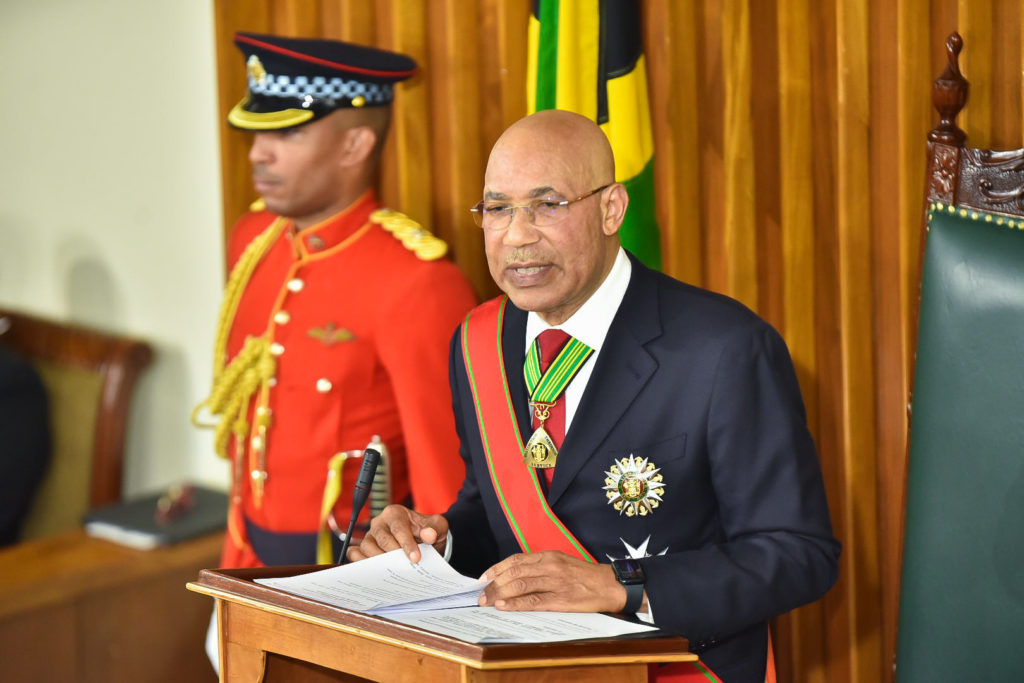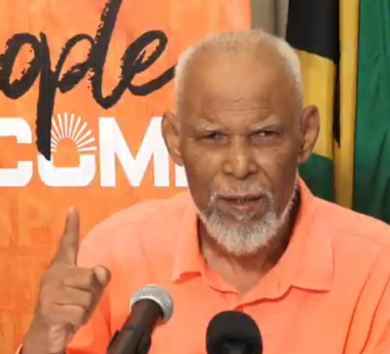

Amid controversy over the Government’s passage of a bill amending the Constitution to increase the retirement age for the director of public prosecution (DPP) and the auditor general (AuG), there have been suggestions for Governor General Sir Patrick Allen to withhold giving the Royal Assent to prevent it from becoming law.
Using its majority, the Senate passed the controversial bill on Friday, July 28, without any discussion with the Opposition. The Government’s approach has gathered sharp criticism from the Opposition as well as legal and advocacy groups, who are urging for a halt to the bill for consensus.
A bill is an act of Parliament in draft stages. It cannot become law until it is approved by both Houses of Parliament and receives the formal Royal Assent of the governor general.
The governor general has already given Royal Assent to the bill which increases the retirement age for the DPP and AuG from 60 to 65, with provision for a further extension to 70 years old.
Does Sir Patrick have the power to refuse Royal Assent, following advice from the Cabinet that his headed by the prime minister?

In an interview with Our Today, member of the Constitutional Reform Committee, well-known constitutional attorney Dr Lloyd Barnett, said that the governor general cannot withhold his assent.
“Legally, he is not given any right to withhold assent. Once the bill is placed before him, he has no discretion. Once it comes from the Parliament, he can’t legislate and say, ‘I’m not signing it’. It’s an automatic thing,” he stated.
He reminded that the governor general is appointed to act under the advice of the Parliament, and reiterated that Sir Patrick does not have the power to act according to his judgment.
Since the appointment of the first governor general of Jamaica, Sir Kenneth William Blackburne, in 1907, all bills brought to the governor general have received Royal Assent. There is no governor general in the history of Jamaica who has refused to give his stamp of approval.







Comments